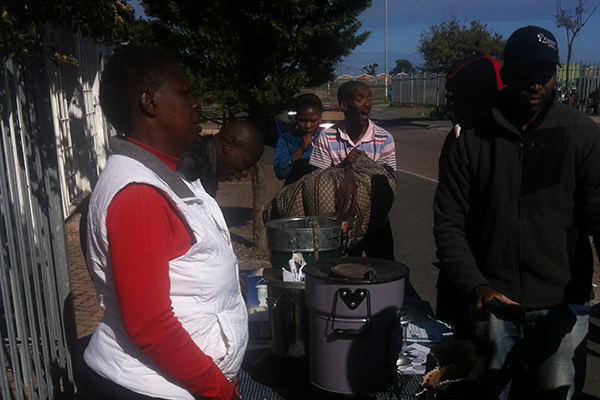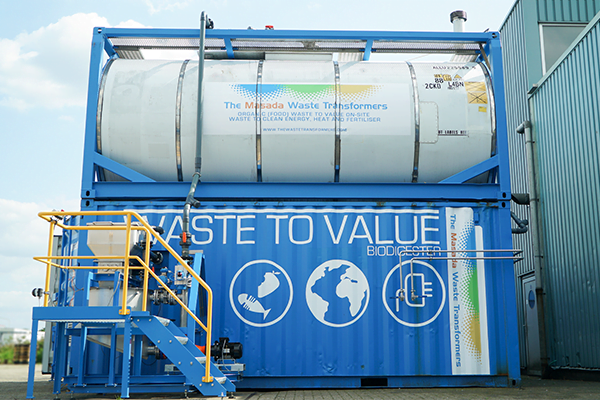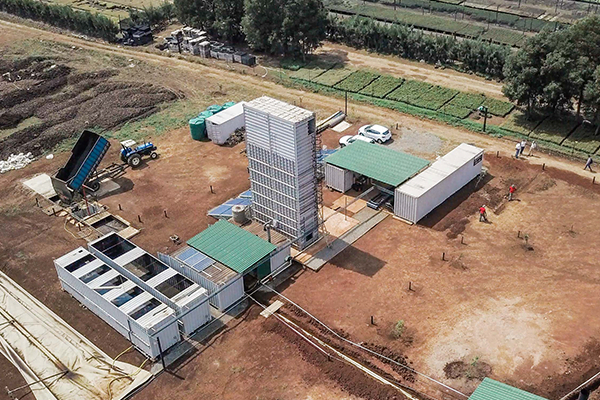
ENERGCARE
More than 3 million South African households remain without electricity access, while 10 million South Africans cook using wood or charcoal on a regular basis. This is according to the Global Alliance for Clean Cookstoves, which also states that poor South Africans spend on average around 25% of the income on energy. Energy poverty is a severe problem, not only from a financial perspective, but also in terms of the health and educational burden it represents: each year, thousands of South Africans die due to respiratory illnesses caused by indoor air pollution; devastating shack fires and paraffin poisoning are considered a standard occurrence in townships; and millions of school children who want to study at night have to do so by the dim glow of a candle.
EnerGcare is attempting to change this situation by increasing access to safe, reliable and clean energy products in low-income areas. These include efficient wood- and charcoal-using rocket stoves; heat-retention slow-cookers; solar-powered lights, phone chargers and generators. EnerGcare currently has a catalogue of more than 30 different products, addressing a whole range of essential energy needs while lowering the associated risks and costs for suppliers, retailers and end-users. From Soweto to Khayelitsha, from Tlokwe to Mthatha, EnerGcare has been driving the introduction of these products through retail chains, independent shops, sales networks, savings societies, micro-finance institutions and even the public sector.
Partnerships are an essential part of the EnerGcare initiative – itself a brand developed in partnership with Restio Energy, Planet Finance and The Business Place Philippi. Some of the strategic partnerships include the City of Johannesburg Emergency Management Services; the SEDA Atlantis Renewable Energy Business Incubator; and the Western Cape provincial government (as a “110% Green Flagship initiative). EnerGcare is also influencing the South African energy access policy and institutional environment, with the Department of Rural Development and Land Reform buying and supplying thousands of products to rural households, and various municipalities also indicating their interest in these technologies.
EnerGcare plans on rapidly increasing its footprint in the Southern African region, through aggressive sales networking, marketing and, most importantly, end-user education. The EnerGcare target market remains requires ongoing education on these products and their benefits, access to finance and trust-worthy, high-quality products at affordable prices.
EnerGcare project is funded by EEP S&EA through the forth call for proposals.
To read more about the project, visit the website >>
Committed to Solving South Africa’s Energy Crisis
Profile of Aman Baboolal, Head of Partnerships at Plentify in South Africa...
On-site Waste Solutions for a Circular Economy
The Waste Transformers' CEO on developing on-site solutions for organic waste...
Renen Installs First IBR Anaerobic Digester in Africa
Renen's Midlands Biogas Project installs the first IBR anaerobic digester in South Africa...





